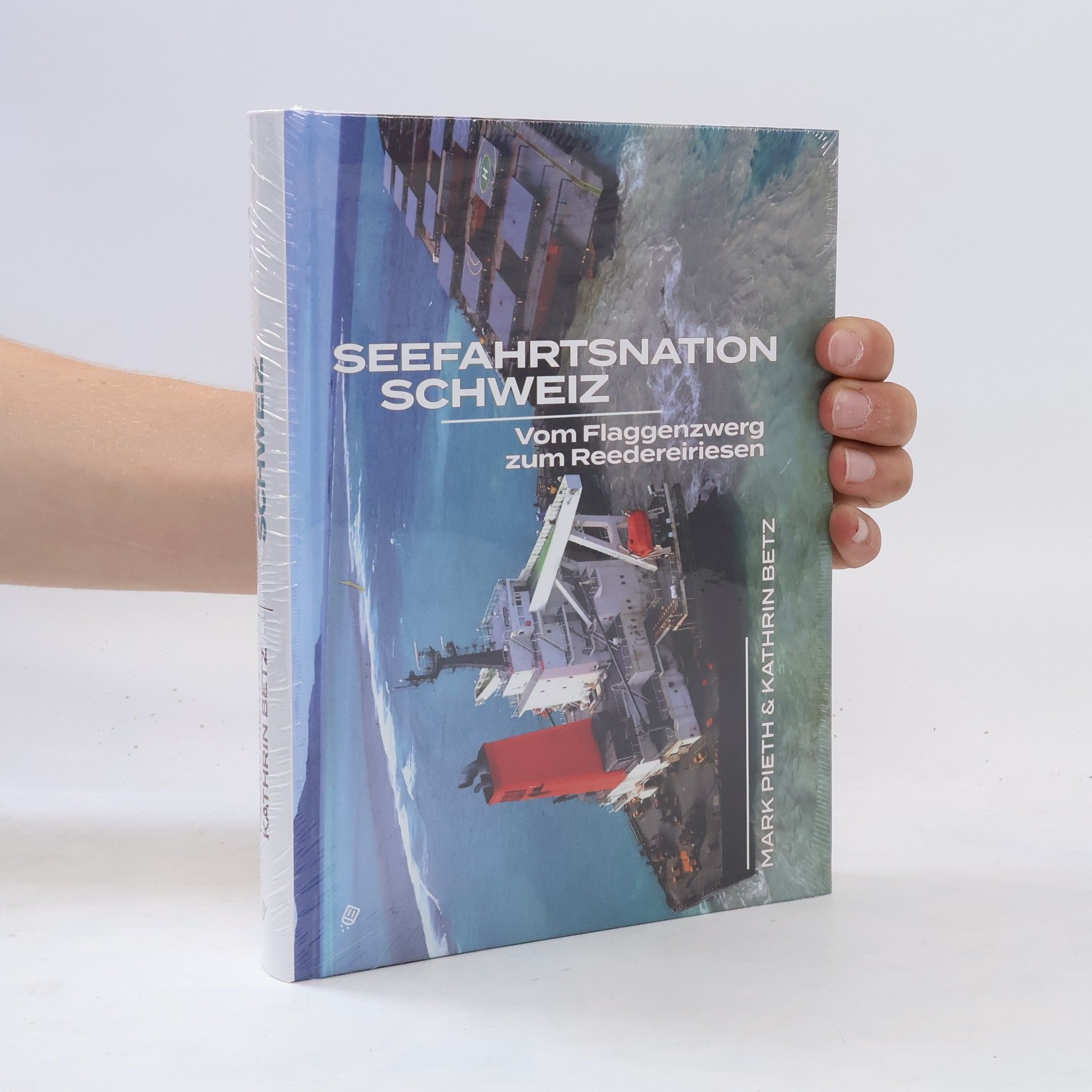Seefahrtsnation Schweiz
Vom Flaggenzwerg zum Reedereiriesen



Vom Flaggenzwerg zum Reedereiriesen
The Dirty Secrets of the Gold Trade - And How to Clean Up
The book delves into the complexities of the gold trade, revealing its historical roots and current supply chains from mines to consumers. It highlights severe issues such as environmental degradation, forced labor, and human trafficking, often overlooked due to insufficient regulations. The author emphasizes Switzerland's pivotal role in global gold trading, contrasting its reliance on voluntary self-regulation with the EU's binding laws. By simplifying these intricate topics, the narrative makes the alarming realities of the gold industry both accessible and urgent for readers.
In declaring the war against terrorism President George W. Bush also declared war on the financing of terrorism. In this book, bankers, regulators and academics pose a variety of questions from their individual What can financial institutions realistically contribute to the suppression of terrorist financing? Can individual rights be protected in these circumstances? These questions are analyzed by experts who come up with some thought-provoking answers.